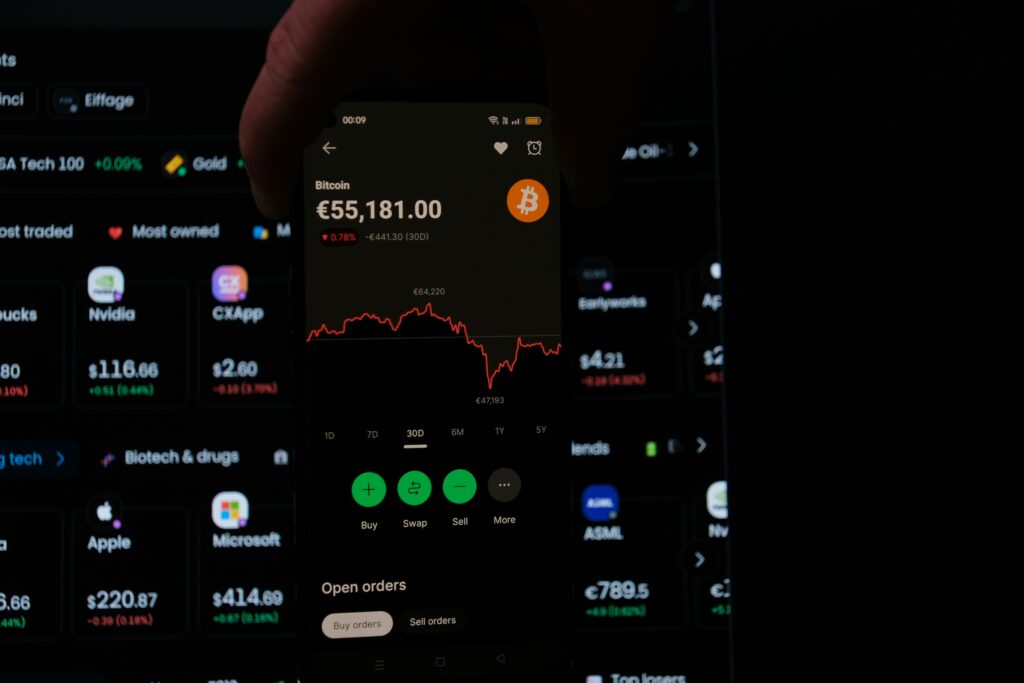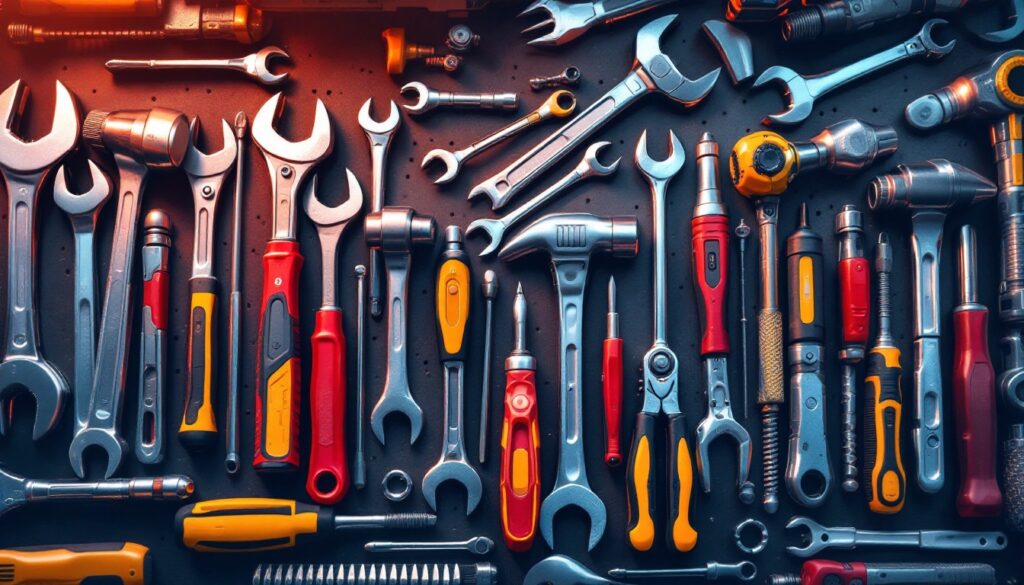
The Ultimate Guide to Choosing the Right Financial Tools for Trading & Investing in 2025

Disclaimer: This article is for educational purposes only and is not financial advice. Always do your own research or consult a licensed professional before making financial decisions.
Why Choosing the Right Financial Tools in 2025 Matters
Let’s keep it real: the financial world in 2025 is louder than ever. Everyone’s pushing “the best app” or “the only broker you’ll ever need.” But here’s the truth: the right financial tools for trading and investing aren’t about hype. They’re about fit.
If you’re a trader, you need speed, reliability, and risk controls. If you’re an investor, you want long-term growth, low fees, and simplicity. And if you’re just starting out, you need tools that won’t confuse you before you’ve even placed your first trade.
Think of financial tools like building your kitchen setup. A world-class chef doesn’t need 100 gadgets, just sharp knives, solid pans, and the right oven. It’s the same with money: the right tools help you cook up wealth without burning yourself.
What Are Financial Tools, Exactly?

When I say “financial tools,” I’m not just talking about flashy apps on your phone. I mean everything that helps you manage, trade, invest, or plan your money.
Here’s the breakdown:
- Trading brokers & platforms → Your entry point into the markets.
- Investing platforms & robo-advisors → For long-term portfolios.
- AI & automation tools → Market scanners, risk managers, and smart alerts.
- Budgeting & planning apps → Day-to-day control of spending.
- Learning & analysis tools → Courses, screeners, calculators, and data dashboards.
Each one solves a different problem, and choosing wisely is where most people stumble.
The 5 Key Types of Financial Tools in 2025
1. Trading Brokers & Platforms
Your broker is like your gateway. Without a good one, the rest doesn’t matter.
What to look for:
- FCA or SEC regulation (non-negotiable).
- Low spreads and fair commissions.
- Transparent withdrawal processes.
- Customer support that actually replies.
Red flags:
- Offshore “regulation” with no real oversight.
- Bonuses that sound too good to be true.
- Withdrawal delays or sudden account freezes.
Tip: Always double-check with the FCA register before signing up.
2. Investing Platforms & Robo-Advisors
Not everyone wants to sit in front of charts all day. If you’re in it for the long haul, investing platforms and robo-advisors do the heavy lifting.
What to look for:
- Low annual fees (below 1% is standard now).
- Tax-efficient options (ISAs, SIPPs in the UK).
- Fractional shares (so you don’t need £2,000 to own a slice of Amazon).
Watch out for:
- Platforms that lock you in with hidden withdrawal fees.
- Robo-advisors that look “AI-driven” but are really just cookie-cutter portfolios.
3. AI & Automation Tools
2025 is the year AI stopped being a novelty and started being useful. Market scanners that cut through noise. Risk managers who keep emotions in check. Even smart dashboards that summarise market news in seconds.
Best uses:
- Speeding up research.
- Automating repetitive tasks.
- Learning from patterns you might miss.
Limitations:
- AI is not a crystal ball. It predicts based on data, not certainty.
- Over-reliance can make you lazy, so judgement still matters.
4. Budgeting & Planning Apps
The truth is, most people lose more money through bad spending than bad trading. A budgeting app can be more powerful than a trading platform if it helps you stop leaking cash.
Look for apps that:
- Sync with your bank automatically.
- Categorise spending (so you see your Uber Eats addiction in black and white).
- Send alerts before you overspend.
Avoid:
- Apps with poor security standards.
- Tools that drown you in graphs but don’t give practical insights.
5. Learning & Analysis Tools
Knowledge is the original financial tool. Without it, you’re driving blind.
Examples include:
- Screeners that show stocks by dividend yield or growth rate.
- Calculators for compounding returns or risk management.
- Educational resources (like reviews, courses, and workshops).
Trap to avoid: jumping between too many sources without depth. Stick to a few trusted platforms and go deep. Ask questions, too. People who do this regularly can give useful insights.
How to Choose the Right Financial Tools for You

Step 1: Define Your Goal
Are you trying to make daily trades? Or are you investing for retirement? Your answer decides which tools matter most.
Step 2: Check Regulation & Safety
If you’re opening a broker account, check the regulator. For budgeting apps, check encryption and privacy policies.
Step 3: Compare Costs & Features
Cheapest isn’t always best — but neither is the most expensive. Focus on value.
Step 4: Test the Fit
Use free demos. The right tool should feel natural, not like a struggle.
Step 5: Build in Layers
Start simple. Add more tools as your confidence and needs grow.
The Big Mistakes People Make with Financial Tools
⚠ Chasing hype instead of needs.
⚠ Overloading on apps and platforms.
⚠ Skipping the boring part — safety and regulation.
⚠ Assuming AI will do all the thinking.
Building Your Starter Toolkit in 2025

If I had to build a simple toolkit today, here’s what I’d start with:
- Broker: FCA-regulated, low spreads.
- Platform: Clean interface, fast execution, good risk controls.
- Budgeting app: Helps plug your money leaks.
- AI assistant (optional): To speed up research.
- Analysis tool: A simple compounding calculator to track growth.
From there, you can expand into robo-advisors, advanced AI platforms, or portfolio trackers.
Disclaimer: We aim to provide accurate, up-to-date information, but financial markets change fast. Always double-check with trusted sources such as the FCA, Bank of England, or SEC before making financial choices.
Final Thoughts from Uncle Abundance
The right tools won’t make you rich overnight. But they will save you from bad decisions, wasted time, and unnecessary stress. Choosing financial tools is like picking teammates. Get the wrong ones and you’ll lose the match before it begins. Get the right ones, and suddenly the game feels easier.
“You don’t need every tool in the shed — just the right ones for the job.”
Kettle’s on.